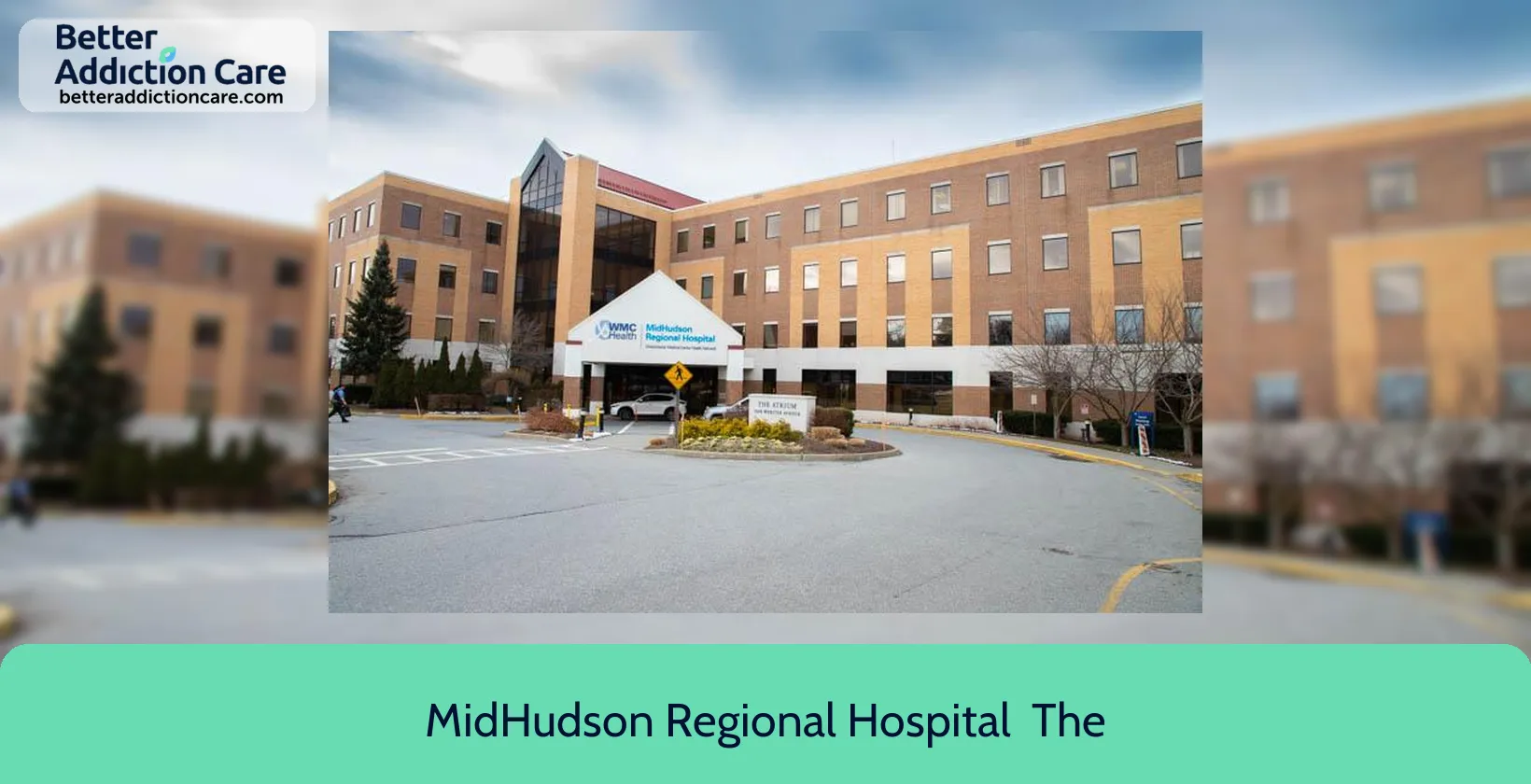St. Joseph's ATRC - Josephs House Supportive Living

Overview
St. Joseph's ATRC - Josephs House Supportive Living is a substance abuse treatment center for people seeking treatment near Dutchess County. As part of their treatment modalities for recovery, St. Joseph's ATRC - Josephs House Supportive Living provides smoking/vaping/tobacco cessation counseling, group counseling, and family counseling during treatment. St. Joseph's ATRC - Josephs House Supportive Living is located in Poughkeepsie, New York, accepting cash or self-payment for treatment.
St. Joseph's ATRC - Josephs House Supportive Living at a Glance
Payment Options
- Cash or self-payment
- Medicaid
- State-financed health insurance plan other than Medicaid
- Private health insurance
- Federal, or any government funding for substance use treatment programs
Assessments
- Screening for tobacco use
- Comprehensive substance use assessment
- Screening for mental disorders
- Screening for substance use
Age Groups
- Young adults
- Adults
Ancillary Services
- Case management service
- Domestic violence services, including family or partner
- Mental health services
- Social skills development
- Transportation assistance
Highlights About St. Joseph's ATRC - Josephs House Supportive Living
6.75/10
With an overall rating of 6.75/10, this facility has following balanced range of services. Alcohol Rehabilitation: 8.00/10, Drug Rehab and Detox: 6.62/10, Insurance and Payments: 6.00/10, Treatment Options: 6.36/10.-
Alcohol Rehabilitation 8.00
-
Drug Rehab and Detox 6.62
-
Treatment Options 6.36
-
Insurance and Payments 6.00
Treatment At St. Joseph's ATRC - Josephs House Supportive Living
Treatment Conditions
- Alcoholism
- Substance use treatment
Care Levels
- Hospital inpatient treatment
- Long-term residential
- Aftercare
- Halfway house
Treatment Modalities
- Smoking/vaping/tobacco cessation counseling
- Group counseling
- Family counseling
- Individual psychotherapy
Ancillary Services
Additional Services
- Pharmacotherapies administered during treatment
- Mentoring/peer support
- Breathalyzer or blood alcohol testing
Special Programs
- Clients with co-occurring mental and substance use disorders
Get Help Now
Common Questions About St. Joseph's ATRC - Josephs House Supportive Living
Contact Information
Other Facilities in Poughkeepsie

6.65

7.02

6.85

6.74

7.68
DISCLAIMER: The facility name, logo and brand are the property and registered trademarks of MidHudson Regional Hospital - The Turning Point, and are being used for identification and informational purposes only. Use of these names, logos and brands shall not imply endorsement. BetterAddictionCare.com is not affiliated with or sponsored by MidHudson Regional Hospital - The Turning Point.
